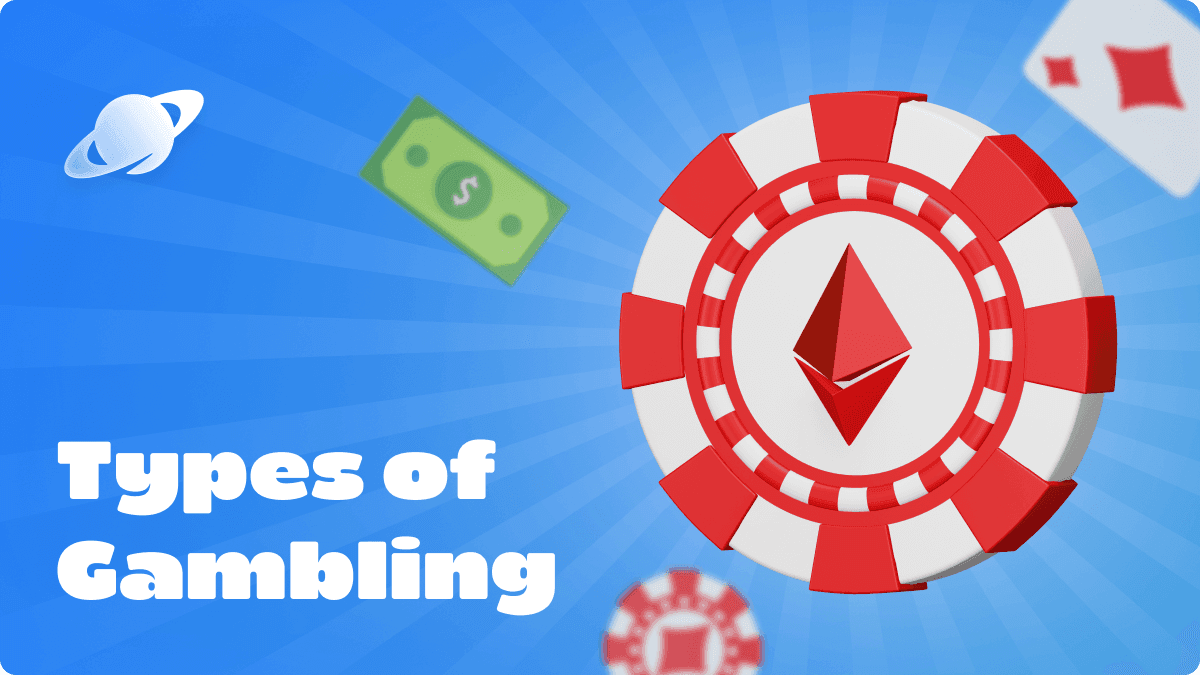Play Games and Earn LUCK.

Play Games and Earn LUCK.


Centralized and decentralized gambling are two major paradigms in the rapidly evolving world of online gambling and blockchain technology. Each approach offers unique features and benefits, catering to players' and operators' different preferences and priorities. In this article, we dive into the key distinctions between centralized and decentralized gambling platforms to help you make an informed choice.
Centralized gambling, also known as traditional online gambling, has been a familiar presence in the world of gaming. While it provides entertainment, it has also faced criticism for its centralized nature. In this form of gambling, the fate of the players largely rests in the hands of gambling operators and casinos. Deposits, withdrawals, and fund distributions are entirely controlled by these operators, making players dependent on them for their winnings. Here are some critical characteristics of centralized gambling:
Centralized gambling is characterized by the dominance of gambling operators. These operators handle all transactions, but this centralized control has been associated with concerns like fraud and match-fixing. Additionally, the process can be time-consuming. The lack of transparency raises questions about the legitimacy of these casinos, as players must trust the operators without access to the gaming data.
In centralized online casinos, players are required to provide personal details, such as name and address, and sometimes even submit photo IDs or credit card copies for licensing compliance. This compromises player anonymity and can create geographical limitations. For instance, players from regions where gambling is restricted face hurdles.
In centralized online casinos, players are required to provide personal details, such as name and address, and sometimes even submit photo IDs or credit card copies for licensing compliance. This compromises player anonymity and can create geographical limitations. For instance, players from regions where gambling is restricted face hurdles.
Withdrawals in centralized fiat casinos involve waiting for operators to complete formalities and banking processes. This can lead to delays in receiving winnings. Additionally, players may be asked for additional documents to verify their identity, further prolonging the process.

Decentralized gambling, as the name suggests, relies on cryptocurrency transactions and operates without a central authority. This innovative approach is gaining popularity due to several advantages it offers to players. Some of them include:
In decentralized gambling, there is no central authority or third-party intermediaries. Players have complete control over their transactions, and the use of blockchain technology ensures transparency. All transactions, including deposits, withdrawals, and fund distributions, are recorded on a distributed ledger and processed by smart contracts. This transparency allows anyone to audit the transactions at their convenience, reducing the risk of fraud.
Decentralized gambling enhances player anonymity, eliminating geographical barriers. Players can access casino content even in regions where traditional gambling is restricted, using anonymous browsers.
The use of blockchain technology in decentralized gambling ensures transparency and fairness. Each gaming outcome is generated randomly through cryptographic algorithms, and the public ledger is open for verification by anyone. This transparency boosts player trust in the system.
Decentralized gambling typically features lower transaction fees compared to centralized counterparts. Moreover, the house edge can be reduced to a minimum, and players can even bet against each other instead of the house.
In decentralized gambling, withdrawals are quick and efficient, thanks to predefined smart contract applications. Winnings are released immediately when favorable conditions are met, eliminating the need for players to go through lengthy withdrawal processes.
The choice between centralized and decentralized gambling ultimately depends on your priorities as a player or operator. Decentralized gambling addresses significant issues present in traditional online casinos. Enhanced security, fewer regulatory formalities, and lower fees offer players a more appealing option. However, it's essential to acknowledge that, like any system, decentralized gambling has its drawbacks. The absence of stringent regulations makes it attractive to fraudsters due to its anonymity. It is crucial to strike a balance between innovation and security in gambling.
At Rollspace, we believe in putting the power back in your hands! Our upcoming fully on-chain and decentralized casino will let you enjoy seamless gaming while maintaining complete control over your funds.
Don't miss out on the launch of Rollspace. Join us on Telegram today to seize the future of crypto gaming!